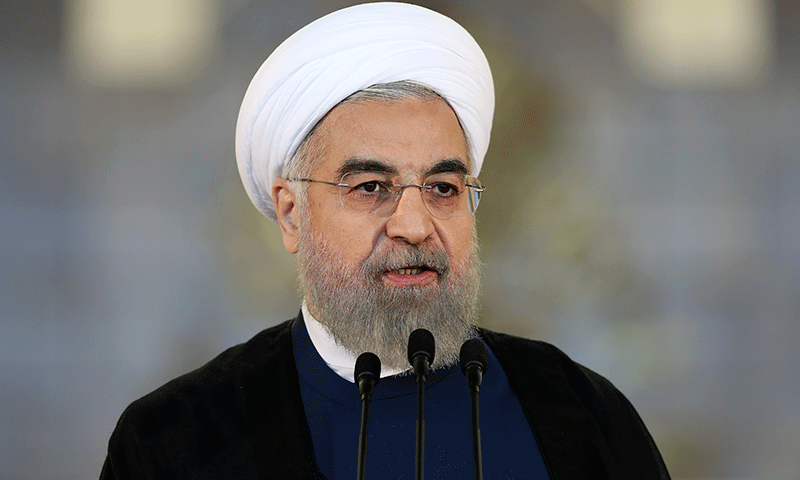Iran has offered India bigger role in strategic port, says envoy

NEW DELHI: Iranian President Hassan Rouhani has asked India to invest in infrastructure projects worth $8 billion, including an expanded role in developing a strategic port that will open up access to Central Asia, Iran’s envoy to New Delhi said on Friday.The port of Chabahar in southeast Iran is central to India’s efforts to circumvent arch-rival Pakistan and open up a route to landlocked Afghanistan where it has developed close security ties and economic interests.Mr Rouhani suggested the larger role for India during a meeting with Prime Minister Narendra Modi on the sidelines of a summit in Russia days before the historic nuclear deal between Iran and world powers, Iran’s ambassador to India said in an interview.
“The potential between Iran and India is great but we were just facing such a wall of sanctions, wall of American pressure,” Ambassador Gholamreza Ansari said.
He said that with sanctions likely to be lifted soon, it was a “golden time” for India to seize investment opportunities because of the two countries’ close trade ties and shared interest in improving Central Asian transport links.
“Connectivity is the main policy of Modi that coincides with Iran’s government policy,” Mr Ansari said. “We have offered them, in connectivity, $8bn of projects.”
‘Offer involves connectivity projects worth $8bn’
Mr Modi’s meeting with Mr Rouhani was part of a tour of Central Asia focused on increasing India’s role in the region. It was not immediately clear how the Indian premier responded to Mr Rouhani’s offer.
India’s foreign ministry did not respond to a request for comment.
Iran and six world powers reached a nuclear deal on Tuesday, clearing the way for an easing of sanctions on Tehran.
India and Iran agreed in 2003 to develop Chabahar on the Gulf of Oman, near Iran’s border with Pakistan, but the venture has moved slowly because of the sanctions over Iran’s nuclear programme.
The two countries maintained a close relationship despite the US-led trade restrictions that halved their oil trade to 220,000 barrels per day last year.
Related News

Pak, Vietnam reinforces economic ties during high-level ministerial meeting
ISLAMABAD, Jul 11 (DNA): The Minister of Commerce of the Islamic Republic of Pakistan, JamRead More

Iran-Israel conflict signals strategic realignments in the region
ISLAMABAD, JUL 11 /DNA/ – Speaking at a seminar hosted by the Institute of RegionalRead More


Comments are Closed